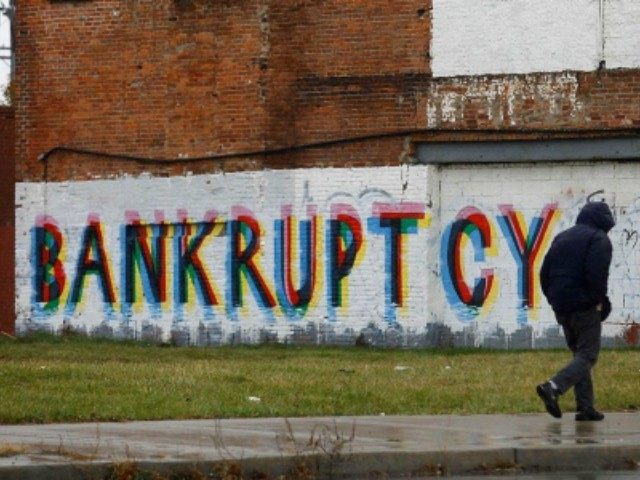Harvard Business School Professor Clayton Christensen says that half of American colleges will be bankrupt in within 10 to 15 years.
Christensen, known for coining the theory of disruptive innovation, argues that online education will overtake traditional universities and colleges within the next 10 to 15 years. “50 percent of the 4,000 colleges and universities in the U.S. will be bankrupt in 10 to 15 years,” he said at a recent symposium on higher education.
Professor Christensen is so sure of his forecast on the decline of traditional higher education that he doubled down at a recent conference. “If you’re asking whether the providers get disrupted within a decade — I might bet that it takes nine years rather than 10,” he said.
Christensen isn’t alone in his prediction. The U.S. Department of Education and Moody’s Investors Service project concluded in 2015 that closures for small colleges will triple in the coming years and mergers will double. “The percentage of small colleges with a sustained three-year growth rate of less than 2 percent increased fivefold, to 50 percent, from 2006 to 2014,” Inside Higher Ed wrote at the time.
A recent study suggested that online degrees are up to 40 percent more affordable than traditional degrees. Online teaching also means that more students can gain access to higher quality instructors. With online learning, a student who lacks the finances to move away to college can still learn from talented instructors located in the world, likely for a cheaper total cost than those who opt for the more traditional educational route.
Top universities have already opened their distance learning programs to students around the world. Enrollees are offered a mix of in-house and online-only faculty members. Technology allows students to engage directly with their instructors via video conference technology.
The World Economic Forum suggests that online learning will grow as a market exponentially over the next decade. They estimated a $100 billion increase just between 2016 and 2017.

COMMENTS
Please let us know if you're having issues with commenting.